People look forward to free hospital treatment
According to the announcement of the Central Party Office, the policy of exempting hospital fees for all people will be implemented in the period of 2030-2035. This is a major policy on social security, following the decision to exempt tuition fees for public school students from kindergarten to high school from the 2025-2026 school year, with an estimated budget of about 30,000 billion VND per year.
Many people expressed their excitement at this news. Ms. Quach Thu Hang in Da Bac district, Hoa Binh province shared: “In the past few days, TV, newspapers and radio have reported information about the direction of free hospital fees for people. As a patient with nearly ten years of heart disease treatment, I am very happy. I hope this policy will be implemented soon, so that people, especially patients like us, can reduce the hardship caused by illness.”
Ms. Le Phuong Thao, in Ba Dinh District, Hanoi , said: “Currently, there are quite a few people suffering from incurable diseases with expensive treatment costs. I and everyone in the residential group are very happy to know that the Party and State have a policy of exempting 100% of hospital fees for people. Everyone hopes that the policy will be implemented soon, so that the poor and self-employed people can have better health care conditions.”
Mr. Nguyen Van Manh, 62 years old, is undergoing hemodialysis treatment at Bach Mai Hospital. He shared: “I have end-stage renal disease and have been on dialysis for more than 8 years. I have to go to the hospital three times a week. Although most of it is covered by health insurance, there are still many expenses that I have to take care of myself. For people with chronic diseases like us, the policy of moving towards universal free hospital treatment is a great hope, helping to reduce the economic burden on our families. I hope the State will soon implement this policy and in the immediate future, prioritize completely free treatment for dialysis patients, people with serious illnesses, and the poor, so that everyone has a chance to live a better life.”
Sharing the same sentiment, Ms. Nguyen Thi Lan, 45 years old, a breast cancer patient being treated at Tan Trieu K Hospital, expressed: “The cost of cancer treatment is very expensive, there are drugs not covered by insurance that have to be purchased for tens of millions of VND per course. If we are exempted from hospital fees or fully supported with treatment costs, we will be able to treat our illness with peace of mind, worry less about our family and have more motivation to fight the disease.”
Mr. Tran Van Dung, a construction worker in Bac Ninh who has had diabetes for more than 10 years, also said: “The monthly cost of medicine and hospital fees is not small. As a freelancer like me, I sometimes have to be frugal and thrifty. Hearing that hospital fees will soon be free for all, I am very happy. I hope the policy will be implemented soon, first of all for people with chronic diseases like us.”
Ms. Vu Thi Hien, 34 years old, in Bac Giang province, who is taking care of her 6-year-old son with hemophilia, emotionally said: “Since my son got sick, my family has been exhausted because of hospital fees. There were times when the infusion of medicine and hospital fees were calculated in the tens of millions of VND, but health insurance only paid a part. Hearing the news that hospital fees will be free for people soon, I feel like a burden has been lifted from my heart. I really hope that the policy will be implemented soon, giving priority to children with serious illnesses, so that they can have the conditions to be treated and their families will have less hardship.”
The roadmap for free hospital treatment needs to be carefully prepared.
Besides its humanistic values and positive impacts, the policy of free hospitalisation for all also poses many difficulties. The biggest problem is balancing the budget and ensuring financial resources.
According to the World Bank, to achieve the goal of universal health coverage, Vietnam needs to increase its health spending from the current 2.7% of GDP to a level approaching that of countries with developed health systems. Meanwhile, the public health budget currently reaches more than 175,000 billion VND/year, of which nearly 112,000 billion VND is spent on health insurance alone. Exempting hospital fees will certainly require an additional budget of tens of thousands of billions of VND each year, creating great pressure in the context of very high spending needs for social security, education, and national defense.
In addition, human resources and medical facilities are limited. The Ministry of Health said that the country currently lacks about 23,800 preventive medical staff, including more than 8,000 doctors. Central hospitals are still overloaded, especially in the oncology, resuscitation and cardiology departments. If the capacity of primary health care is not improved and human resources are not allocated appropriately, the free hospital fee policy could increase pressure on the medical examination and treatment system.
The practice of implementing the Universal Health Coverage (UHC) policy in some Southeast Asian countries such as Thailand, Indonesia, and the Philippines shows that without strict control over finances, human resources, and management capacity, this model is likely to face many challenges during implementation.
In Thailand, according to a World Bank report, although the universal health insurance policy has brought positive results, the country's health system is still under great pressure in terms of costs, especially in the context of an aging population and increasing rates of chronic diseases.
In Indonesia, the National Health Insurance Program (Jaminan Kesehatan Nasional - JKN) with coverage of more than 95% of the population is constantly facing budget deficits due to difficulties in controlling revenue and expenditure, especially in the informal labor sector, according to an assessment by the Asian Development Bank Institute (ADBI).
In the Philippines, according to a study published in the International Journal of Public Health, the PhilHealth system has been abused due to a lack of strict monitoring mechanisms, while infrastructure and medical human resources are limited.
Lessons learned from these countries show that the development of a roadmap for universal free hospitalisation in Vietnam needs to be carefully and synchronously prepared, from health finance reform, organizational consolidation, capacity building at the grassroots level to strengthening quality control of public service provision.
Dr. Do Ngoc Van, Director of the Institute for Social Issues Research under the Vietnam Union of Science and Technology Associations, said: “Free hospitalisation for all is only feasible if accompanied by sustainable economic growth and comprehensive health financing reform. In the immediate future, priority should be given to free hospitalisation for vulnerable groups and patients with chronic diseases to reduce pressure on the budget and health system.”
According to the Ministry of Health, the policy implementation roadmap is expected to be divided into two phases: phase 2026-2030, focusing on strengthening primary health care, ensuring 90% of the population receives preventive health care; exempting hospital fees for vulnerable groups. Phase 2030-2035, implementing universal hospital fee exemption in sync with compulsory health insurance and reforming the health payment mechanism.
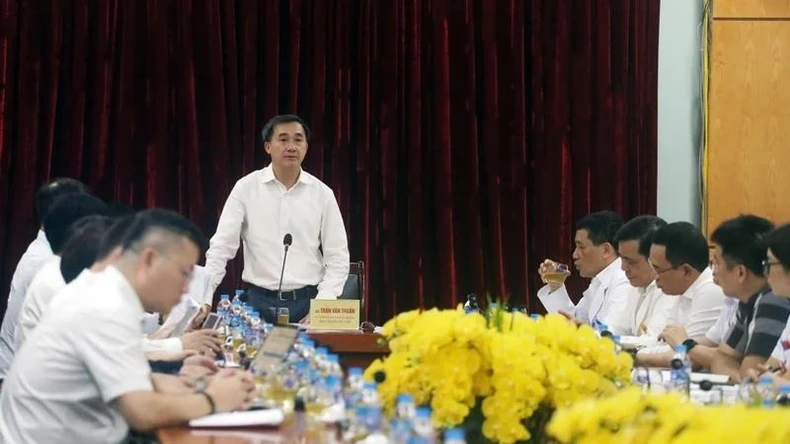 |
| Deputy Minister of Health Tran Van Thuan. (Photo: Nhan Dan Newspaper) |
At the regular Government press conference in April 2025, Deputy Minister of Health Tran Van Thuan affirmed: "Exemption of hospital fees for all people is a great policy, rich in humanity, clearly demonstrating the superiority of our regime in taking care of people's health."
He emphasized: “General Secretary To Lam’s direction on moving towards free hospitalisation for people is not only a long-term strategic orientation but also a goal that the entire health sector is determined to achieve. This is a policy that touches the hearts of millions of people, and is also the desire of the people and the health sector.”
From the perspective of state management, Dr. Ta Ngoc Hai, former Deputy Director of the Institute of State Organizational Sciences, Ministry of Home Affairs emphasized: "Moving towards free hospital fees for all people requires determination, efforts and drastic participation of all levels, sectors and localities, not only in increasing the budget but also synchronously from perfecting institutions, perfecting organizations, enhancing grassroots health care capacity, to better improving the provision of public services by field in our country in the coming time".
The policy of free hospitalisation for all people is a major policy, demonstrating the superiority and humanity of our regime. To realize this policy, it requires careful preparation of institutions, financial resources, human resources, infrastructure, and at the same time strong reform of the health financing mechanism. Learning from international experience, reviewing current programs, strengthening primary health care and phasing implementation according to priority groups is a direction that is suitable for the current reality of Vietnam so that the policy of free hospitalisation for all people can soon enter social life.
In sub-section 2.2 Section 2 of Notice 176-TB/VPTW on orientations towards universal free hospitalisation in the period 2030-2035 as follows:
2. About future directions
Faced with the requirements of national development in the new era, the work of protecting and caring for people's health is both a goal and a driving force for rapid and sustainable development. The work of caring for people's health needs to aim at building a healthy Vietnam, where all people can live long, healthy, healthy and happy lives; human resources must have sufficient physical, mental, intellectual and moral health to achieve the goal of Vietnam becoming a developing country with an upper middle income by 2030, and a developed country with a high income by 2045.
2.1. On general issues
...
2.2. On the orientation of some specific policies for immediate implementation
(1) The Government Party Committee leads and directs the Party Committee of the Ministry of Health and central ministries and branches to urgently research and implement the consolidation of the health sector's organizational system from the central to grassroots levels in accordance with the 2-level local government organization model, associated with a clear and effective health technical stratification model, ensuring inheritance and mutual support between professional levels.
Special attention should be paid to strengthening and improving the capacity of primary health care. This is the health care line closest to the people, playing the role of "gatekeeper" of the health system, which needs to be comprehensively strengthened, ensuring the functions of primary health care, prevention, chronic disease management, early detection and initial treatment, periodic health check-ups, updating the use of electronic health records...
The grassroots health system must be strengthened, have enough capacity, enough people, enough technology, and must be a place where people put their trust. Only then can we implement universal health care in a sustainable, equitable and effective manner.
(2) Unify the implementation of the policy of periodic health examination for the people at least once a year. Assign the Party Committee of the Ministry of Health to develop a specific project and report to the Government for direction on implementation as soon as possible. Issues beyond the authority will be reported to the Politburo for direction.
(3) Assign the Government Party Committee to direct the research and development of a Project with a roadmap to gradually reduce the burden of medical costs for people, moving towards free hospital fees for all people in the period from 2030-2035.
Review programs, plans, and projects related to public health care to supplement and amend them to suit the new situation. Direct the Party Committee of the Ministry of Health to urgently develop and complete the National Target Program on health care, population, and development for the period 2026-2035, and submit it to the 15th National Assembly for approval (at the 10th Session).
Source: https://nhandan.vn/mien-vien-phi-toan-dan-tu-tam-tu-nguoi-benh-den-ky-vong-cong-dong-post880220.html



![[Photo] Prime Minister Pham Minh Chinh chairs the meeting of the Government Party Committee Standing Committee](https://vphoto.vietnam.vn/thumb/1200x675/vietnam/resource/IMAGE/2025/8/23/8e94aa3d26424d1ab1528c3e4bbacc45)
![[Photo] General Secretary To Lam attends the 80th Anniversary of the Cultural Sector's Traditional Day](https://vphoto.vietnam.vn/thumb/1200x675/vietnam/resource/IMAGE/2025/8/23/7a88e6b58502490aa153adf8f0eec2b2)




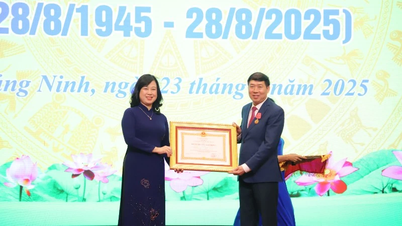


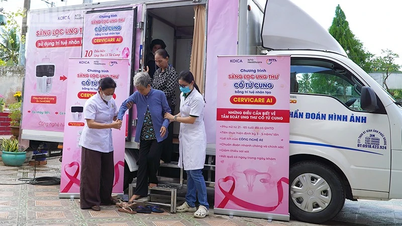








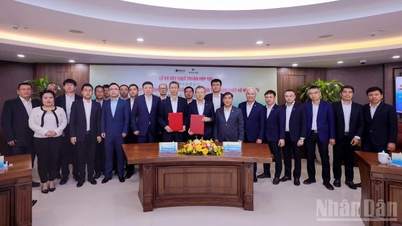
![[Photo] Prime Minister Pham Minh Chinh chairs the meeting of the Government Party Committee Standing Committee](https://vphoto.vietnam.vn/thumb/402x226/vietnam/resource/IMAGE/2025/8/23/8e94aa3d26424d1ab1528c3e4bbacc45)


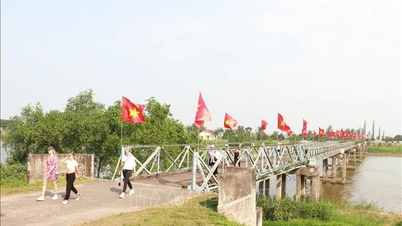

































































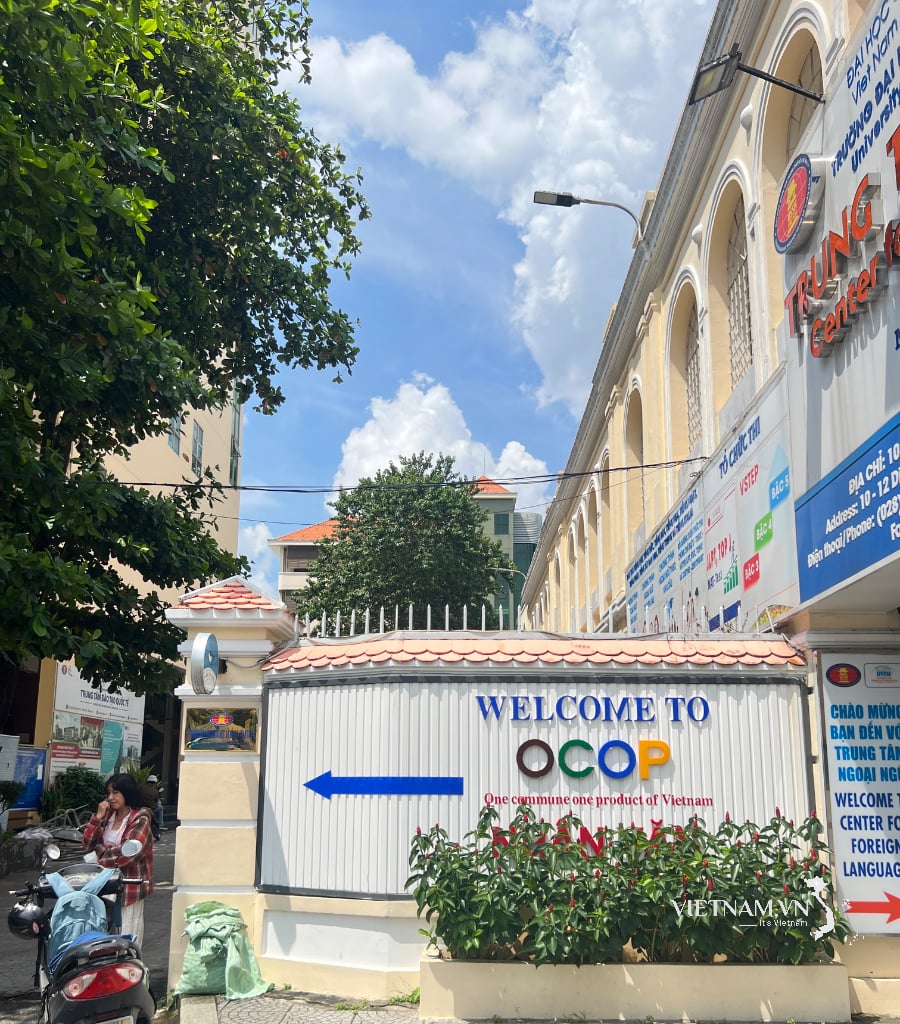
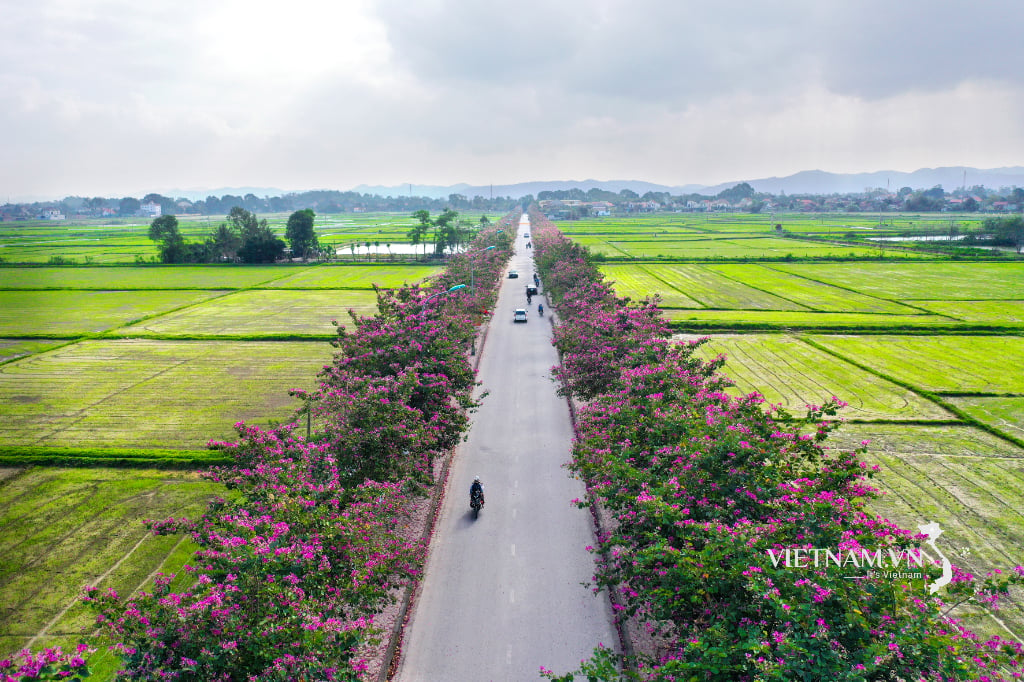


Comment (0)